The English Orphans
Book Excerpt
Instantly as George had predicted, there came before his vision the image of "a forlorn-looking, sallow-faced child," whom he did not care about describing to Ida. She, however, insisted upon a description, and that evening when tea was over, the lamps lighted, and Mr. Selden reading the paper, George told her of Mary, who had watched so kindly over him during the weary days of his illness. Contrary to his expectations, she did not laugh at the picture which he drew of Mary's face, but simply said, "I know I should like her." Then after a moment's pause, she continued; "They are poor, you say, and Mr. Howard is a music teacher. Monsieur Duprês has just left me, and who knows but papa can get Mr. Howard to fill his place."
When the subject was referred to her father, he said that he had liked the appearance of Mr. Howard, and would if possible find him on the morrow and engage his services. The next morning Ida awoke with an uncomfortable impression that something was the matter with the
Editor's choice
(view all)Popular books in Fiction and Literature
Readers reviews
The story starts out with a promisingly Dickensian feel, but the plot ultimately becomes conventional and predictable, and the heroine somewhat cloying, while everything ties up with unlikely coincidence. Still, the novel is peopled with some wonderful supporting characters, like Sally Furbush, who's lost her reason, but not her grammar.
- Upvote (0)
- Downvote (0)
Prior to that time, I spent a good many of my day at the Wilmington Public Library so I was an avid reader at a young age.
The remembrance of reading The English Orphans is still with me. I, of course, remember more of my emotions rather than the story line. On the other hand, it had to be good to have remained with me all of these years. I've looked from time to time for this book, The English Orphans, because the memory of it always brings my grandmother home to me. My grandmother (whose home I would end up living in until my marriage) arrived here from England in 1900. So the title was a draw from that aspect too. I think people (more females than male) both adolescents and adults would enjoy this book both from a historical perspective and as a good medicinal tear jerker tool.
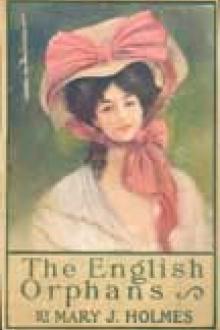
 Free Download
Free Download






















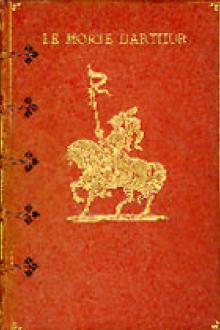
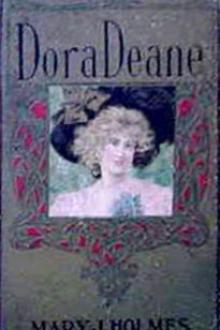
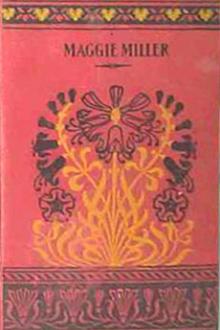
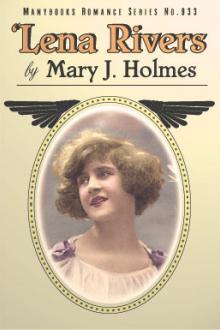
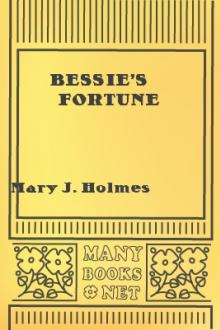
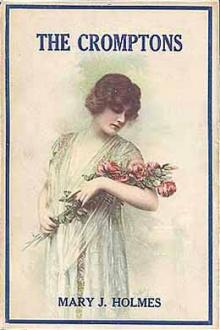
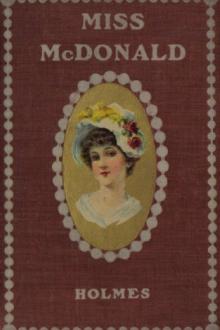
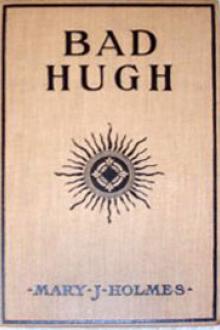
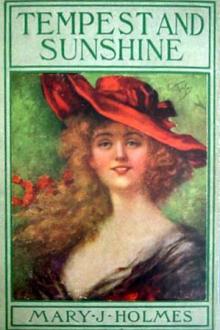
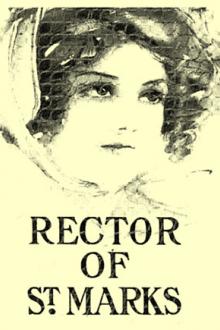

-itok=vcKIB5v1.jpg)